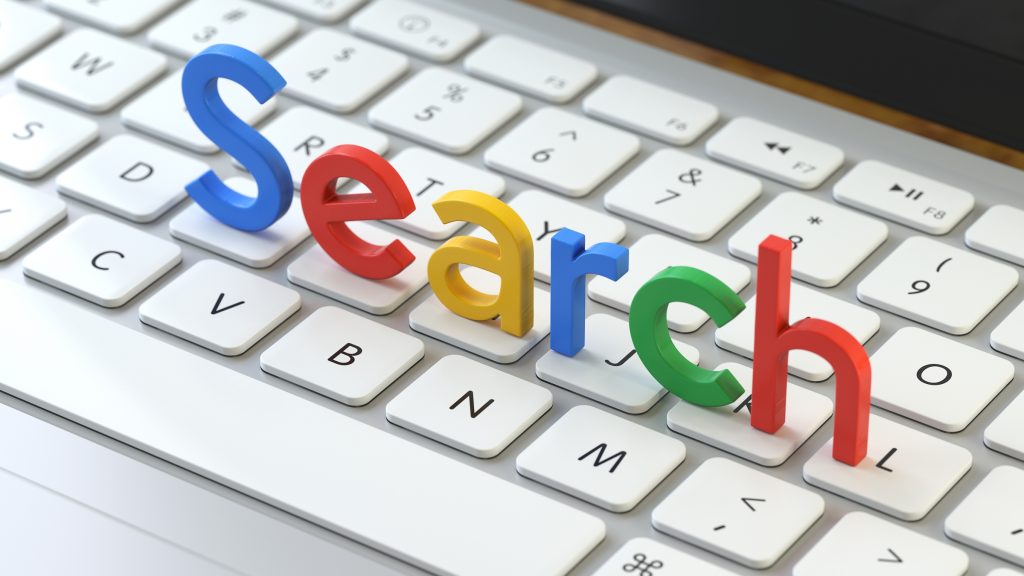
Google Search chief Prabhakar Raghavan cautioned employees about significant shifts ahead to maintain competitiveness in the new AI search engine landscape.
- Raghavan emphasized the need for adaptation, signaling an end to effortless growth due to changing dynamics.
- Despite the rise of AI-driven search engines, Raghavan expressed confidence in Google’s trusted reputation among users.
- Raghavan announced plans to streamline project timelines and expand teams in key markets like India and Brazil.
In a recent all-hands meeting, Google Search chief Prabhakar Raghavan warned employees that Google will be making significant shifts to keep up with the competition.
Since its launch in 1997, Google Search has dominated the search engine market. What set Google Search apart from its counterparts at the time was its different approach. Google focused more on providing better user experience and less on monetizing search. Today, as of writing this article, Google Search holds 81.65% of the search engine market.
Raghavan oversees crucial divisions of the company’s operation, including search, ads, maps, and commerce. He gave the employees a reality check about what Google Search is going through in the new AI-driven landscape, according to a CNBC report that cited a recording of the meeting it obtained.
“It’s not like life is going to be hunky-dory, forever,” he said. The effortless growth that Google has enjoyed for almost 2 decades now may be over as “things are not like they were 15-20 years ago.”
Discussing the rise of generative AI and its impact on Google Search’s dominance, he wasn’t too worried, as Google has the people’s trust, which is more than one can say about most AI systems right now.
“[Competitors] may have a new gizmo out there that people like to play with, but they still come to Google to verify what they see there because it is the trusted source and it becomes more critical in this era of generative AI,” Raghavan said.
And he’s not wrong. AI may help narrow down the search, but almost everyone double-checks the result on Google Search. It has become an integral part of our digital literacy, especially as misinformation continues to spread online.
The giant’s search boss then went on to stress the company’s need to adapt swiftly, followed by an announcement of organizational changes. The plans included streamlining project timelines by reducing the time allocated for certain projects and expanding teams in key markets such as India and Brazil. All to keep Google’s responsiveness to market demands sharp.
He also brought up how user behavior is changing as organic growth slows down, and the numbers show a decrease in new devices produced. He also touched on the regulatory scrutiny that all tech giants are facing, particularly in the European Union (EU). Google has yet to learn what the EU’s Digital Market Acts (DMA) expects from it, but Raghavan expects it to impact the company.
While Google is not struggling to keep up, it found that it’s facing a new “cost reality.” As Raghavan put it, with generative AI, the company is “spending a ton more on machines.” Other search engines may not be at the same level as Google Search, but some beat it to the punch, integrating AI. Take Microsoft’s Bing, which holds the second-largest market share at 10.25%, for example. It has Microsoft’s AI, Copilot. Is it the greatest thing? Probably not. But it’s still one step ahead of Google.
With all the trouble Gemini has been giving the company, despite the team now working on it 120 hours (about 5 days) a week, one must wonder if Google Search’s success will plateau here.
Inside Telecom provides you with an extensive list of content covering all aspects of the tech industry. Keep an eye on our Tech sections to stay informed and up-to-date with our daily articles.